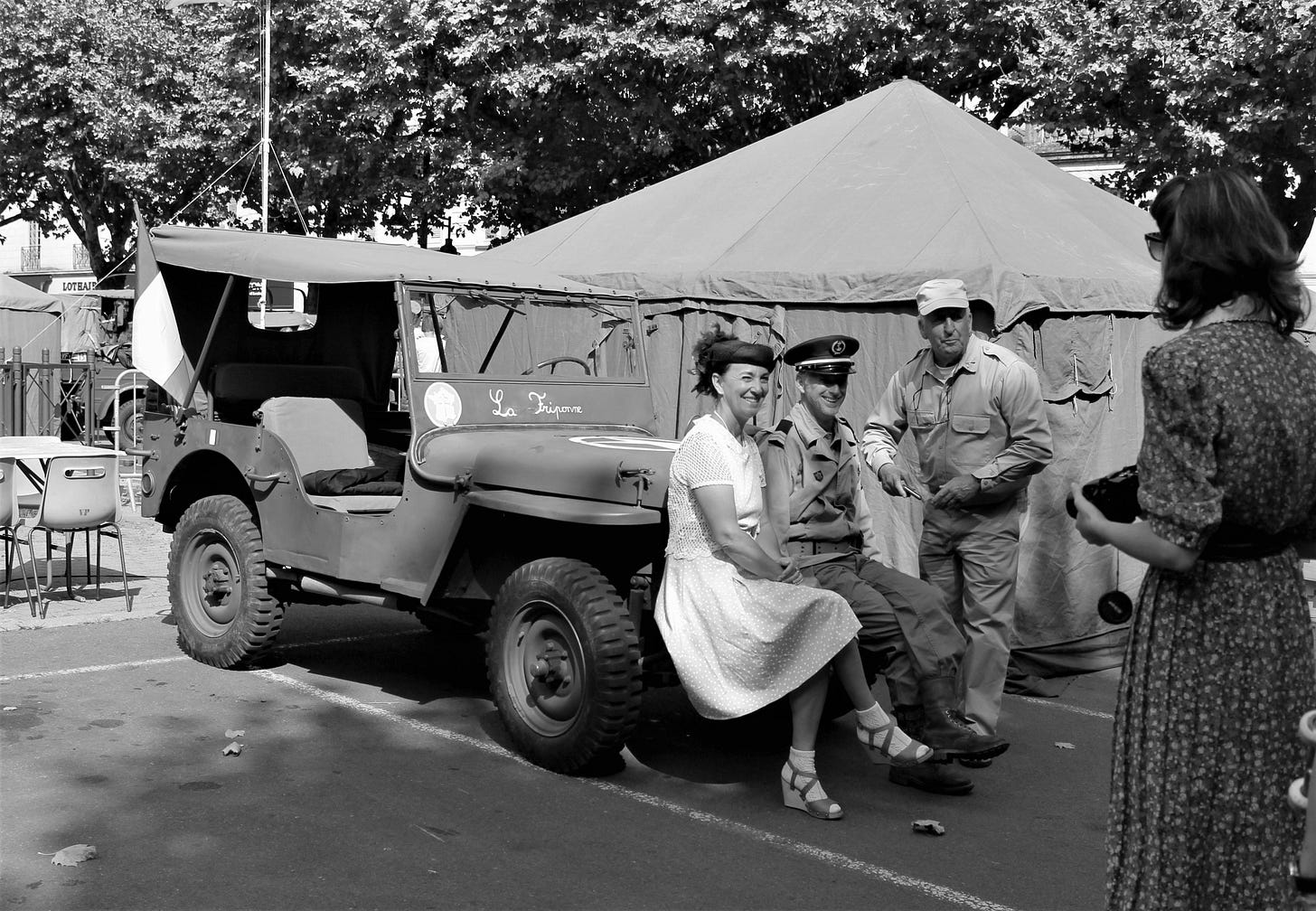War Brides and Families Waiting at Home
Love, patience, and poetry in the spaces between letters and time.

While soldiers went to war, many others waited at home. Wives, husbands, fiancées, parents, and children who kept life going on the home front. Some were war brides (or grooms), leaving behind their countries and families for new lives in unfamiliar lands. Others held fast to hope, raising children alone or writing daily letters with no promise of response. These stories are often left in the margins of history, but in poetry, they come alive. The waiting, the worrying, the daydreams, and the routines. You can capture it all with empathy in verse.
🖋️ Poetry Form Spotlight: The Persona Poem
A persona poem is written in the voice of someone else, real or imagined. This form is perfect for exploring the lives of war brides, mothers, or children during wartime. Step into their shoes and speak as they would think and react. What did they feel when the mail didn't come, or when the knock on the door late at night occurred? What was it like to build a new life in a new country or raise a family in uncertainty? Let the voice guide the form, tone, and emotion.
Persona Poems from poets.org
Learning the Persona Poem from the Poetry Foundation
Persona Poetry: How to Write a Persona Poem from Writers.com
✍️ Mini-Prompt:
Write a persona poem from the perspective of someone waiting at home, perhaps sitting by the window, folding laundry, or cooking a meal, when no word has come in weeks.
💬 Call to Action:
Look through your family stories or ask relatives if anyone remembers a war bride or someone who waited years for a loved one’s return. Consider writing a poem in their voice. These stories are often overlooked but are incredibly rich with feeling. Share your poem with others. It might help someone else give voice to their own family history.
Head over to this week’s article at GoinPoetic.com to grab a reading list, a checklist to use before you write a poem on this topic, and a bonus about “I Will Wait – The story behind the play that gives voice to generations of military spouses.”


